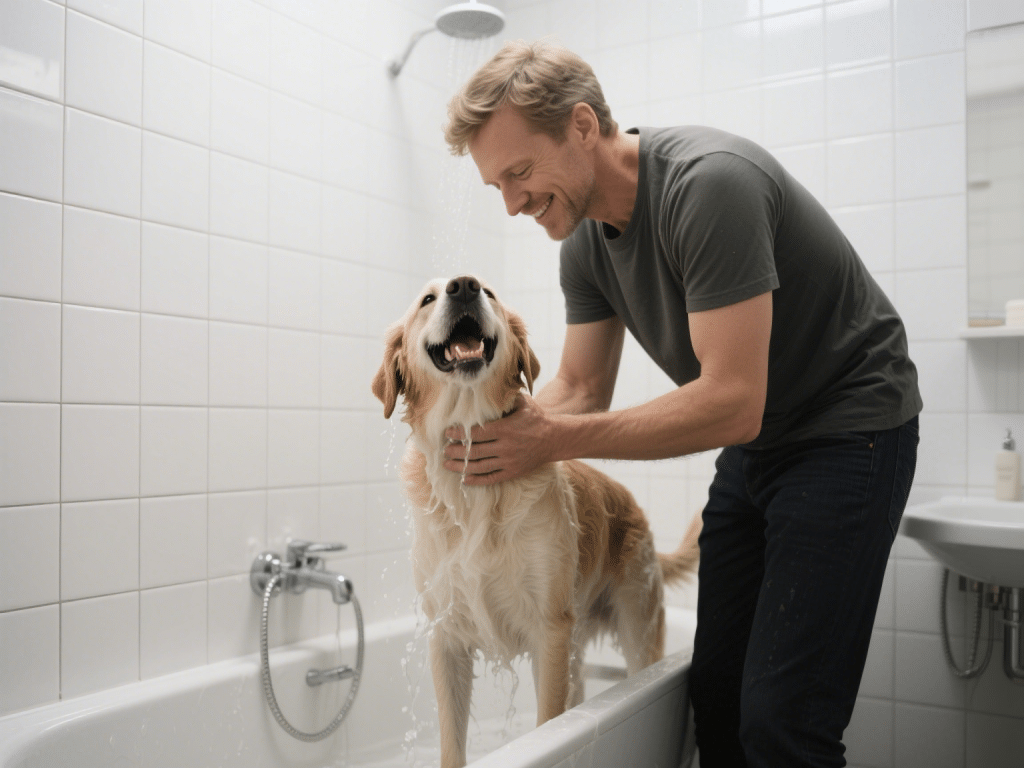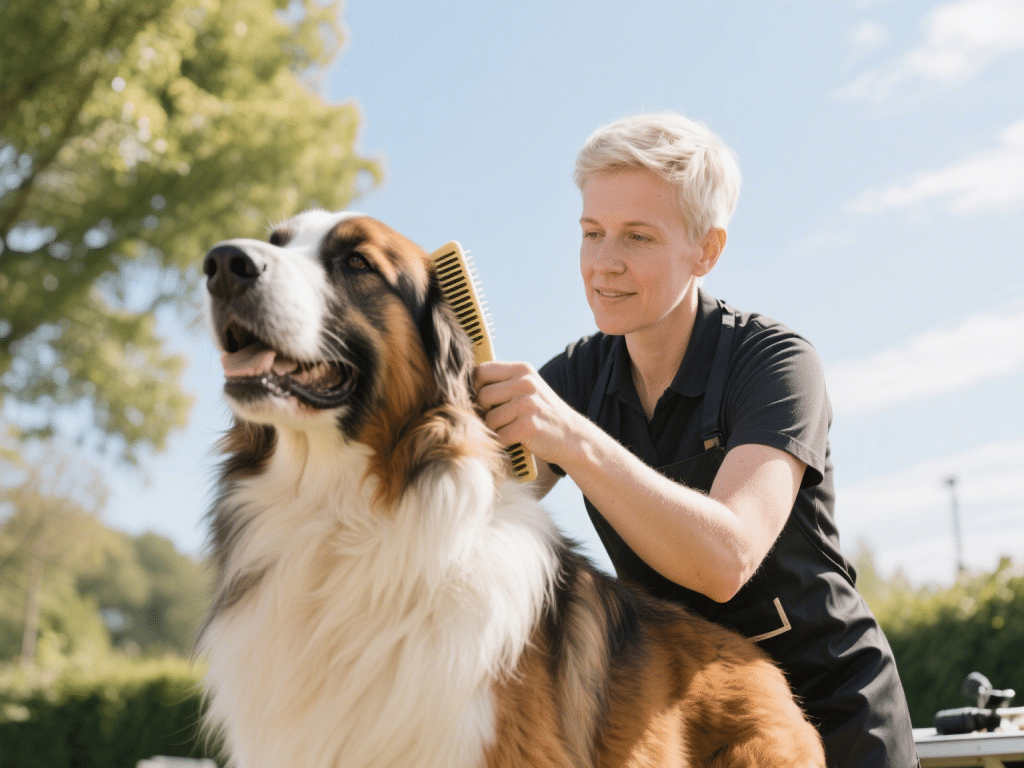
The Catnip Effect: Why Some Cats Go Wild While Others Walk Away
If you’ve ever watched your cat roll ecstatically across the rug after a sprinkle of cat...

Bringing home a rescue dog can be both joyous and challenging. Many shelter dogs carry past traumas or separation anxiety that manifest as trembling, pacing, or excessive barking. As a certified canine behavior consultant with two decades of hands-on experience, I’ll share research-driven, natural strategies to help your new companion feel safe and secure.
Uncertain history: Unknown experiences with abandonment or abuse.
Lack of socialization: Limited exposure to varied environments.
Genetic predisposition: Certain breeds react more intensely to stress.
Predictability & Routine: Builds a sense of safety.
Positive Reinforcement: Encourages calm behaviors without fear.
Soothing Supplements: Vet-approved herbal or nutraceutical support.
Feeding times, walks, play: Consistency reduces uncertainty.
Visual cues: Use crated spaces or designated resting areas.
Applies gentle constant pressure, mimicking a comforting hug.
Studies show a 70% reduction in mild anxiety episodes.
L-theanine: 30–120 mg, twice daily, supports GABA activity.
Chamomile extract: Natural sedative properties.
Always consult your veterinarian before introducing supplements.
Identify triggers: Thunder, fireworks, car rides.
Gradual exposure: Low-volume recordings of triggers paired with treats.
Increase intensity over weeks: Ensures positive association.
Interactive puzzle feeders: Redirects focus from worries.
Scent games: Hide treats around the house to engage the nose.
Clicker training: Rapid feedback reinforces calm actions.
Short, frequent sessions: 5-minute intervals multiple times daily.
Social walks: Controlled introductions to friendly dogs bolster social skills.
Maintain a journal tracking behaviors, triggers, and response to interventions. If anxiety persists beyond moderate levels—such as self-trauma or inappetence—seek a veterinary behaviorist for evaluation of prescription options.
Natural methods, when applied consistently and compassionately, can transform your rescue dog’s anxiety into confidence. Patience and expertise-guided techniques create a safe harbor for your new best friend.

If you’ve ever watched your cat roll ecstatically across the rug after a sprinkle of cat...

Grooming your dog at home isn’t just a money-saver—it’s an incredible bonding opport...

I’m a certified canine groomer with over 12 years specializing in Nordic and double-coat...

IntroductionHairballs plague up to 85% of cats at least once in their lifetime, especially...

Let’s face it — the smell of a used litter box can overpower even the cleanest home. A...

IntroductionMany dogs experience anxiety and fear when visiting the veterinarian. Stressfu...
Comments on "Natural Anxiety Remedies for Rescue Dogs: A Gentle Guide" :